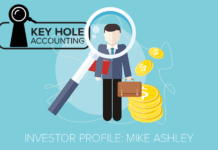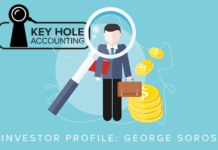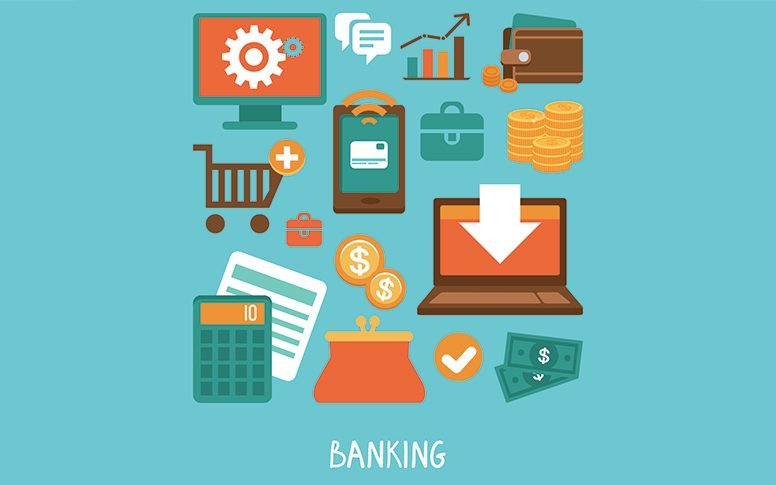Tax laws in the UK can be somewhat confusing. Today we run down a few essential taxes you should be aware of whether you’re starting your own business, advising someone else, or thinking of studying accounting.
Income Tax
Income tax is the tax you pay on your income. If you’re the sole employee of your own business, you’ll pay income tax on the company’s profit but only once that profit goes over the £10,600 a-year income tax threshold. There are also deductions that apply for income tax called ‘income tax relief’ – pension contributions, charity donations as well as allowable expenses (like office costs and travel expenses) are all examples of income tax relief.
If you’re part of a limited company, all employees will have to contribute income tax if their salary is above £10,600. The UK government created a Pay As You Earn (PAYE) scheme that companies implement to automatically collect employee income tax.
National Insurance
National Insurance is not a tax per se but functions in exactly the same way as income tax as it is taken directly from wages to pay for essential public services. National Insurance is a government contribution each employee and self-employed person pays. Much like the PAYE scheme, National Insurance is taken straight from employee wages. The company accountant would enter each employee’s contribution rate in their accounting software, which would then be automatically deducted from their wages.
Employees earning £157 a-week or above are eligible to pay National Insurance, as are self-employed workers that make a yearly profit of £6,025 or above. Employers also contribute a small amount towards their employees National Insurance payment. The percentage you pay depends on how much you earn.
Corporation Tax
Limited companies are subject to different tax rules from sole traders. Essentially, from the moment a company begins making profit, corporation tax kicks in. Unless the company is involved in oil extraction or oil rights in the UK or the UK continental shelf, it will pay a 19% flat rate corporation tax rate. Companies can pay their corporation tax nine months and one day after the end of their accounting year.
VAT
Value added tax (VAT) is a tax based on the value of goods or services. VAT applies when a VAT registered business sells goods or services. VAT is calculated as either 20% of the final price if the goods or services are sold to general customers, or the price plus 20% if the goods or services are sold to a VAT registered business. If a VAT registered business buys goods or services from another VAT registered business, that company can claim back a percentage of the VAT they paid on the goods.
Businesses with a VAT taxable turnover of more than £85,000 are required by law to become VAT registered.
Interested in learning more about business tax? Contact Aspiring Accountants today for free, impartial advice on which accounting course fits your needs.


















